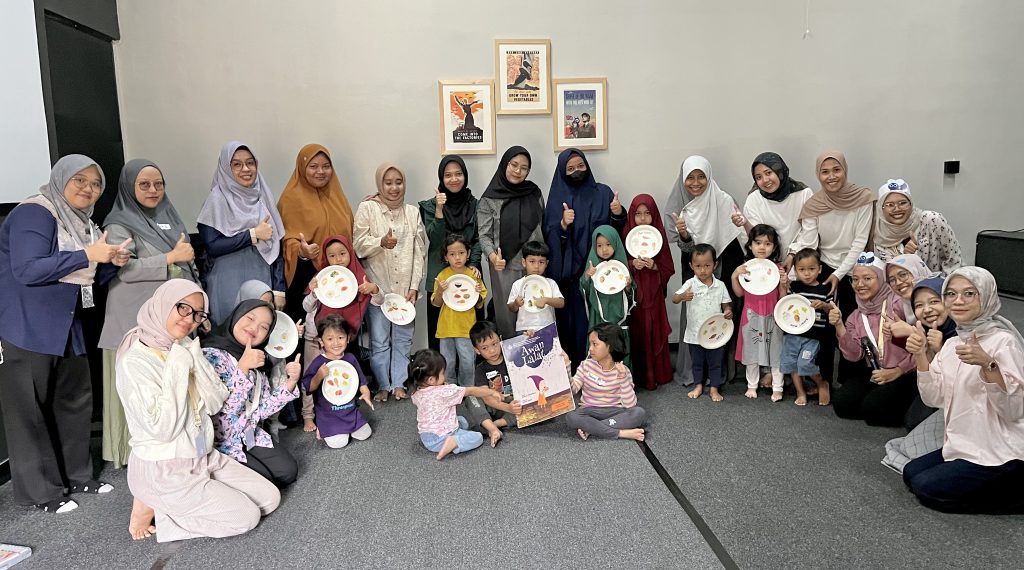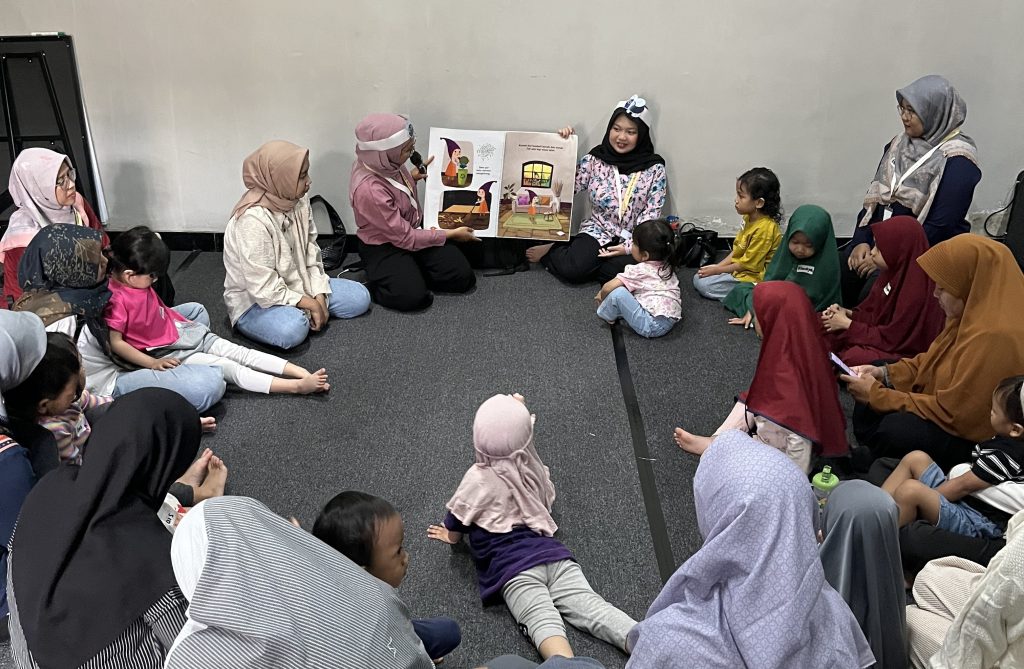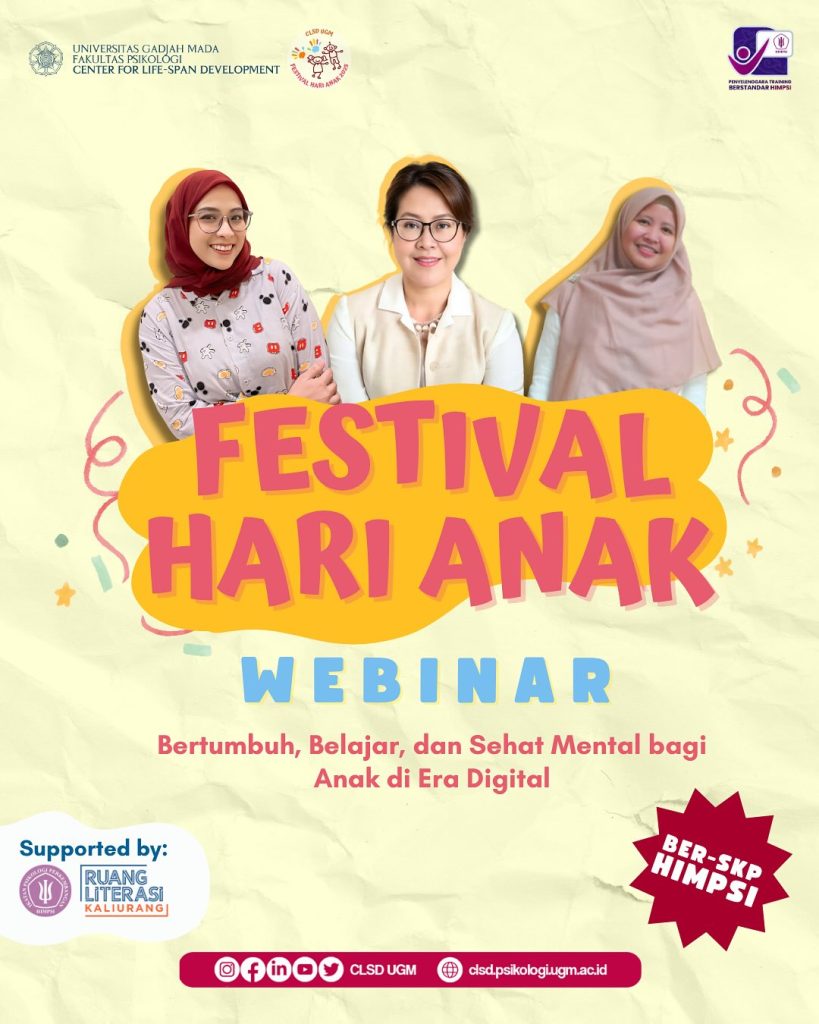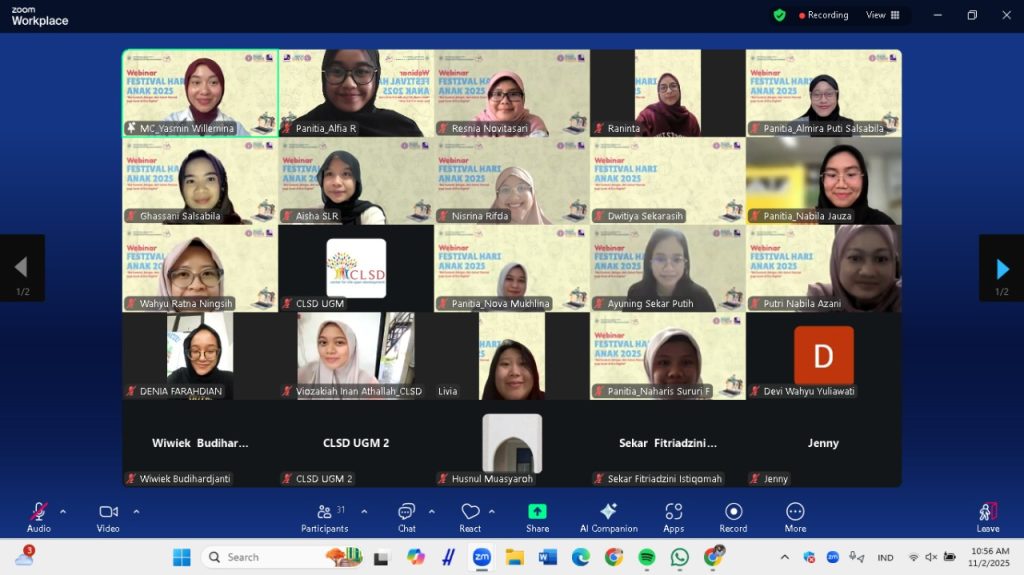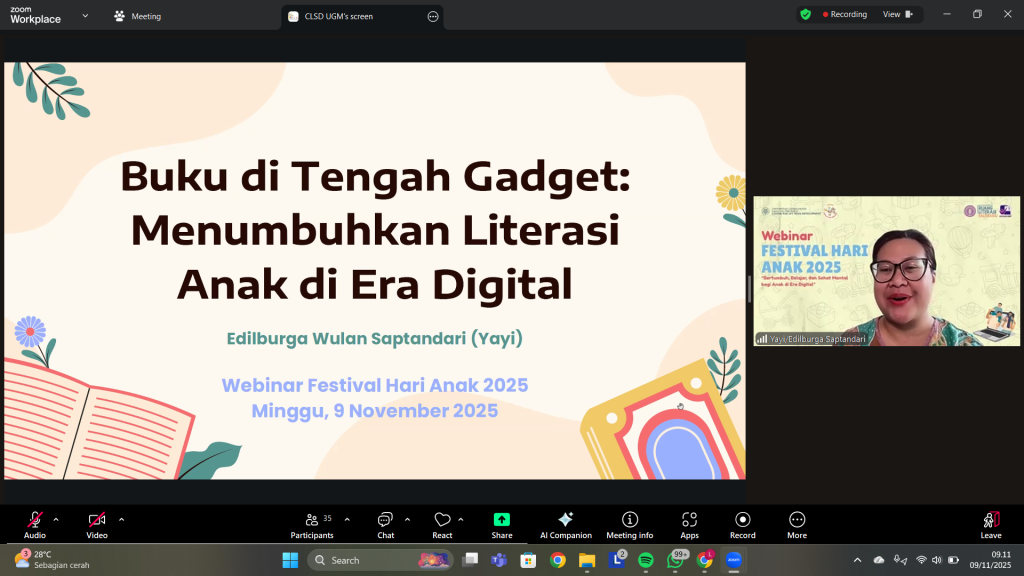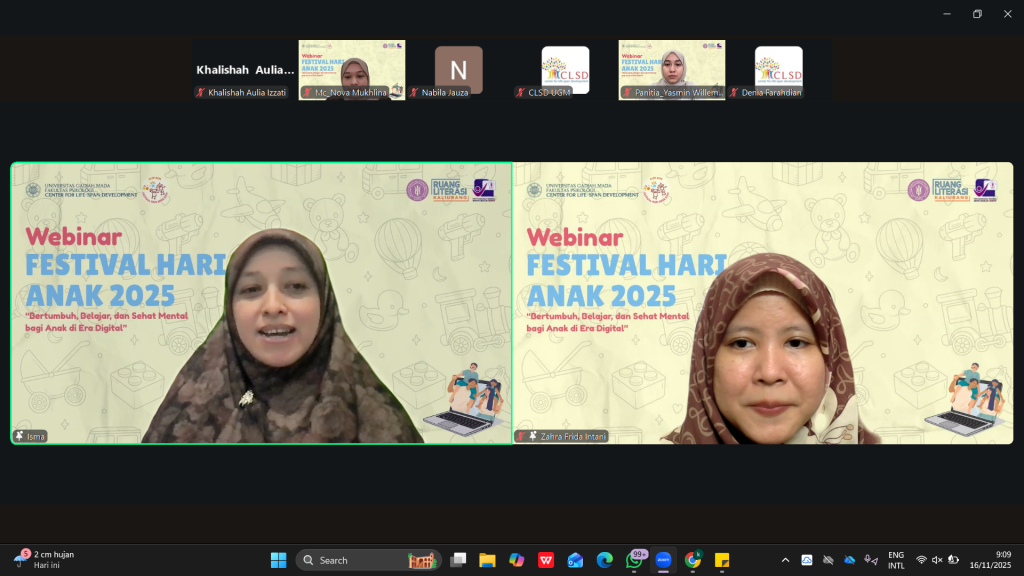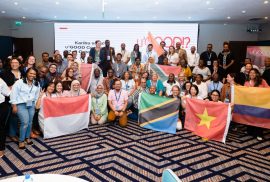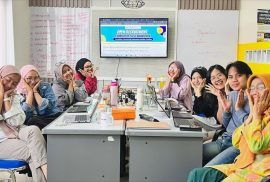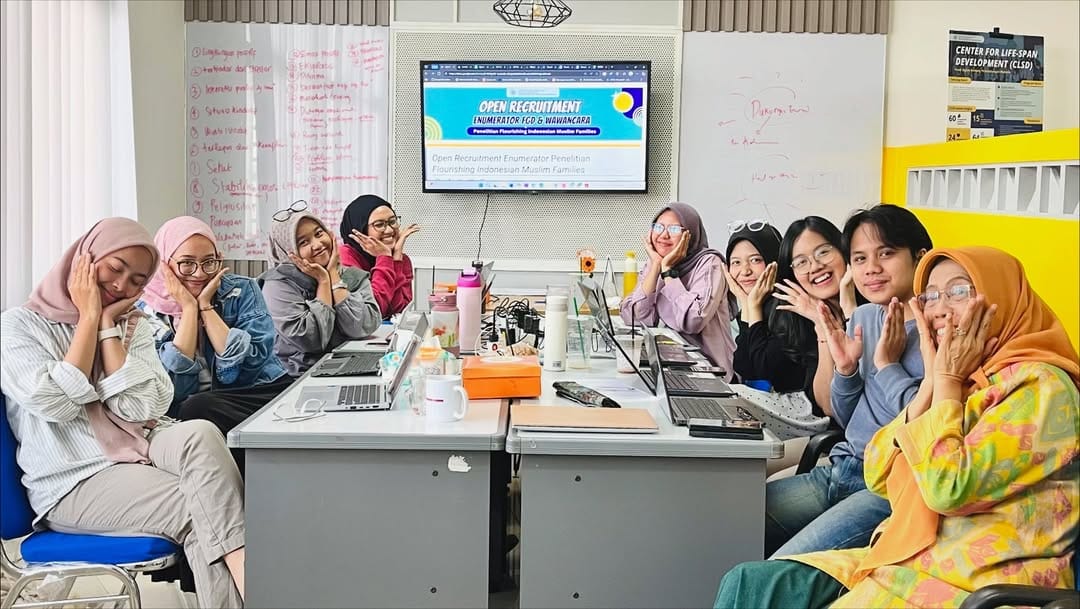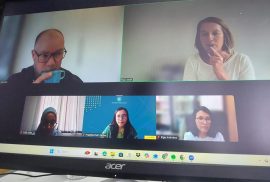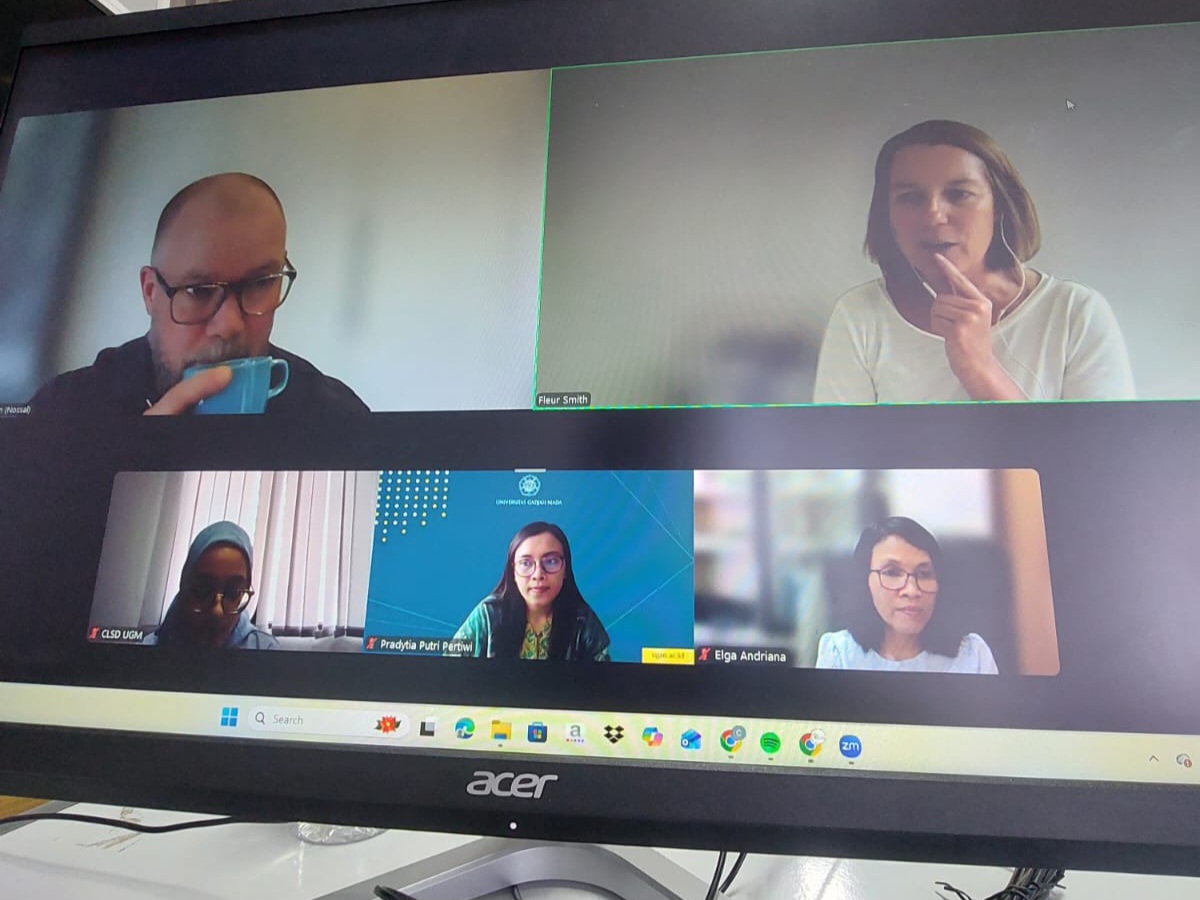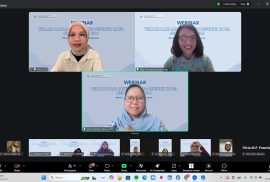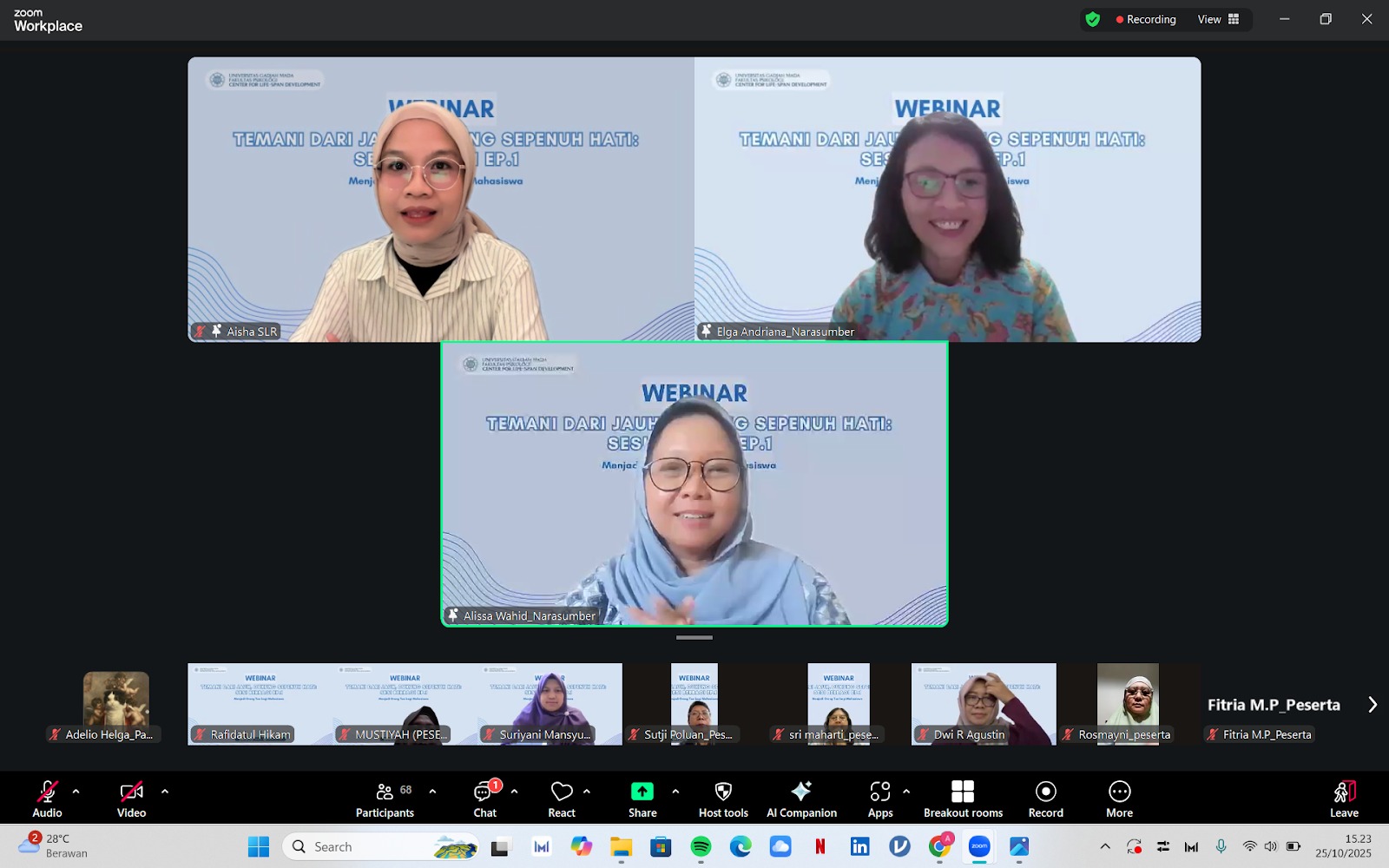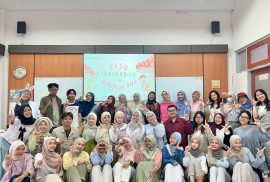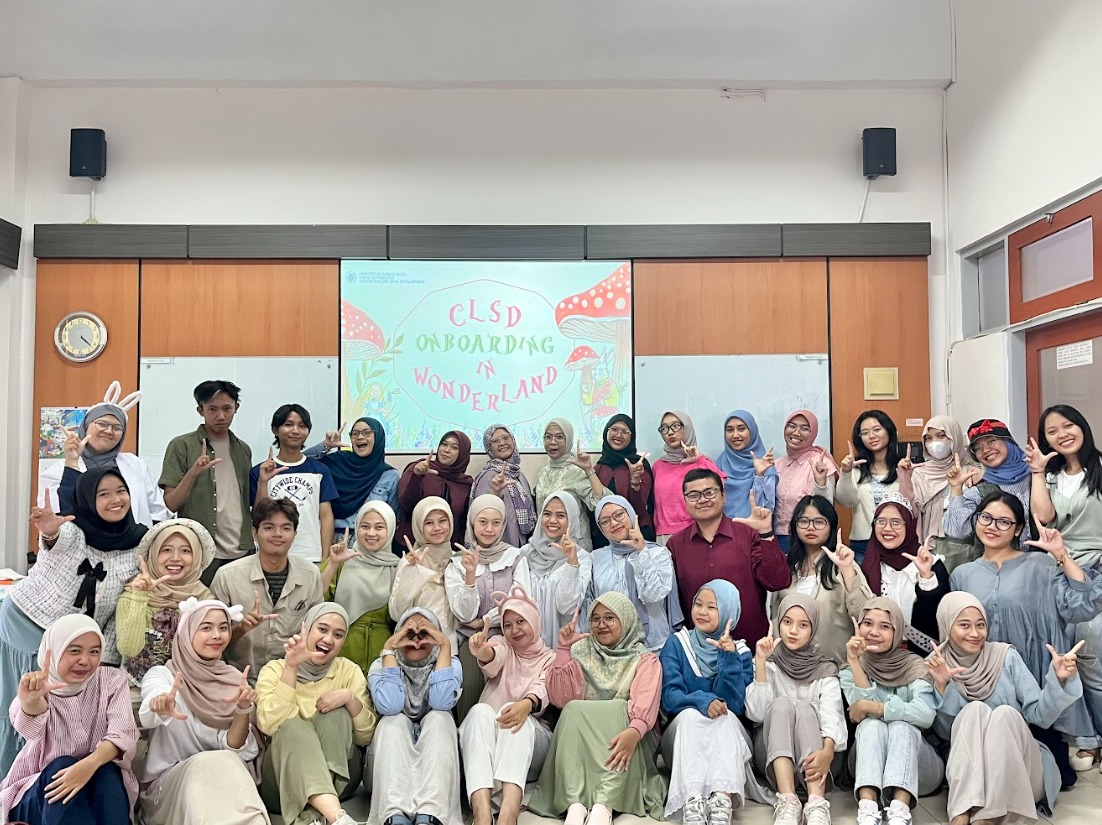Halo, Sobat CLSD! Pada November 2024 sampai dengan Juli 2025, Senior School Husnul Khotimah BIAS (Bina Anak Sholeh) mengundang tim Center for Life-Span Development (CLSD) Universitas Gadjah Mada (UGM) untuk menjadi mitra dan narasumber dalam kelas psikologi khusus lansia. Kegiatan ini menyajikan edukasi untuk menghadapi tantangan usia lanjut, dilaksanakan di Sekolah BIAS cabang Wirosaban dan Kaliurang, Daerah Istimewa Yogyakarta. Mau tau cara apa saja yang diungkapkan dalam Senior School? Yuk simak artikel berikut ini!
Kegiatan Senior School ini dilaksanakan sebagai upaya CLSD untuk menuntun lansia yang menghadapi perubahan fisik, emosional, dan sosial yang tidak terhindarkan. Perubahan ini dapat membuat ketidaknyamanan kepada lansia, namun CLSD hadir untuk memfasilitasi mereka dengan strategi menghadapinya. Dalam kerja sama ini, program psikoedukasi lansia ini mendukung terjaganya kesehatan kognitif dan spiritual lansia melalui pembelajaran interaktif dengan senam otak, aktivitas photovoice, worksheet menyenangkan, pembacaan Al-Quran, dan diskusi tentang kesehatan.

Pertemuan ke-1 dengan Bapak Drs. Haryanto, M.Si., Psikolog
Rangkaian kelas ini terdiri dari berbagai materi yang disampaikan oleh narasumber ahli yang merupakan dosen purna dan dosen aktif dari Fakultas Psikologi UGM. Dengan ini, Senior School diharapkan untuk memberikan wadah kepada semua untuk berbagi cerita tentang pengalaman mereka dan saling memahami. Dengan bantuan ahli dari Bapak Drs. Haryanto, M.Si., Psikolog, Ibu Dr. Aisah Indati, M.S., Psikolog, Bapak Drs. Fauzan Heru Santhoso, M.Si., Ph.D., Psikolog, Ibu Prof. Dr. Sofia Retnowati, M.S., Psikolog, dan Ibu Prof. Dr. Tina Afiatin, M.Si., Psikolog sebagai narasumber, program ini pun berjalan dengan lancar.
Senior School dibuka dengan materi pertama, yaitu “Memahami Diri di Masa Lansia” yang mengupas perubahan kognitif, fisik, sosial, dan emosional, beserta strategi mencapai successful aging. Dengan pemaparan ini, peserta belajar mengenali hal-hal tersebut agar siap menghadapinya dan menjadikannya peluang untuk berkembang. Senior School juga memberikan materi “Kesehatan Mental Lansia” pada sesi selanjutnya. Materi ini membahas permasalahan kesehatan mental yang sering terjadi di masa lansia, termasuk definisi, kriteria, penyebabnya, dan juga cara mengatasinya.
Pada materi “Mengenal dan Mengelola Emosi di Masa Lansia”, peserta diajak untuk mengidentifikasi emosi dasar, memahami emosi mereka, dan cara respons yang sehat dengan worksheet interaktif. Selain itu, Senior School juga mencakup materi “Komunikasi Positif” yang membahas pondasi komunikasi, tantangannya dalam sehari-hari, serta tips praktis pertahankan hubungan harmonis. Dalam materi ini, peserta mengerjakan worksheet yang melatih cara berkomunikasi secara positif juga lho, Sobat!Peserta juga diajarkan untuk mencegah penurunan kemampuan kognitif pada materi “Menjaga Ingatan dan Kecerdasan” dengan aktivitas stimulasi otak. Peserta dapat belajar bahwa otak manusia memiliki kemampuan untuk beradaptasi, berubah, dan berkembang. Walaupun otak kita ada kemungkinan untuk mengalami penurunan, kita tetap bisa membuatnya berkembang, lho! Sobat CLSD juga bisa nih, mempraktikkannya di rumah dengan melakukan latihan sederhana seperti senam otak, teka-teki, membaca, atau menyelesaikan masalah dengan berdiskusi.

Suasana bahagia peserta Senior School
Senior School ditutup dengan materi “Kebermaknaan Hidup”, di mana peserta diajak untuk refleksi perjalanan hidup, mencari sumber makna, dan konsep generativitas, yaitu memberi warisan positif bagi generasi muda. Setiap sesi Senior School dilengkapi ice breaking, diskusi, dan aktivitas seru seperti photovoice yang mengajak peserta untuk menerapkan ilmunya. Ujar peserta pada refleksi akhir sesi, “Kelas ini tuh bermanfaat, belajar hal-hal yang sebelumnya tidak dipelajari secara formal”.
Terima kasih kami ucapkan kepada Senior School Husnul Khotimah BIAS, para narasumber, peserta, dan tim CLSD yang berhasil menyukseskan kegiatan ini. Dengan ini, Senior School diharapkan untuk memberikan dukungan psikologis kepada lansia yang dapat meningkatkan emosi positif dan wellbeing mereka. Semoga para peserta dapat merasakan manfaat dari Senior School ini, dan semoga kita semua juga mendapatkan ilmu yang berharga dari semua ini. Sampai jumpa di kegiatan CLSD berikutnya, Sobat!
Penulis: Naafia Halia
Reviewer: I Marannu Andi Khalisha, S.Psi

